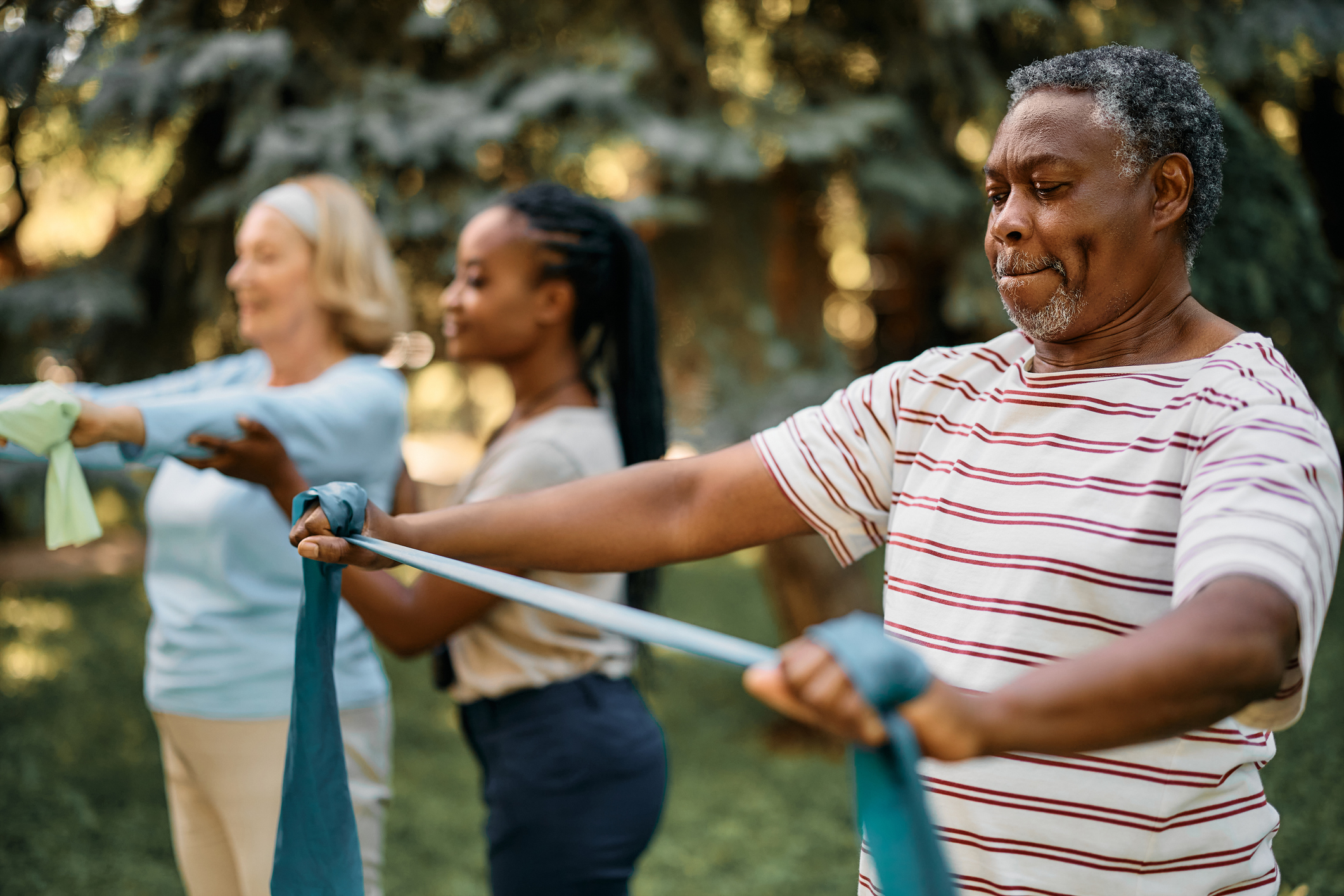
Surviving the Holidays
Dec 12, 2025

You did it!
You took a big step by scheduling your first counseling session. That takes courage—so congratulations! Now, you just have to wait for the day to come. Many people think the hardest part is over once the appointment is set. But is it really?
As musician Tom Petty once said, “the waiting is the hardest part.” It’s common to feel nervous as the day gets closer. Some people even think about leaving while sitting in the waiting room. That’s totally normal. Trying something new can make anyone feel anxious. You already have things on your mind that led you to seek help, so it’s important that the counseling process doesn’t add more stress.
So, how can you feel more ready?
Luckily, there are ways to make your first session feel easier. Psychology Today gives helpful tips about what to expect. First, know that feeling nervous is normal. You’re about to talk about personal things with someone you don’t know yet, and that can be scary. But your first session is usually just a chance to meet your counselor and learn how things will work.
What should you bring?
You don’t need to bring much, but it can help to write down things you want to share—like your family history or anything related to why you’re coming to counseling. Some people bring a notebook to take notes during the session. That way, they can remember important things that were said.
You might wonder if you can bring someone with you. Unless it’s a couples or family session, having someone else there might make it harder for you to open up. Some counselors may let a support person join you for the first visit, but this isn’t common after that. If you’re thinking about it, talk to your counselor first.
It’s also a good idea to write down questions you want to ask—like how counseling works, what your counselor’s background is, or what their rules are.
What to expect from your counselor
Your counselor is there to help you. They’ll try to make the space feel safe and welcoming. What you say in counseling is private, unless there’s a serious safety issue. During your first meeting, ask yourself: Do I feel comfortable talking to this person? Do they seem kind, respectful, and like they understand me? It’s okay to ask if they’ve helped others with similar problems.
Getting ready helps you feel better
Knowing what to expect can help you feel less nervous and more confident. Think about your family history, your reasons for coming, and what you hope to get out of counseling. Talking openly helps your counselor understand you and create a plan that works for you. Remember, these sessions are for you—you get to guide the conversation.
Studies show that while a counselor’s training is important, the most important part of successful counseling is how safe and supported you feel.
Need help now?
If you want to talk to a counselor about anything you’re going through, call Mercy’s MAP at 800.413.8008 (Option #2). MAP offers free, private, short-term counseling for you and anyone who lives in your home. to use one of your most powerful tools – your voice – to ask the questions to help them help you!!!
Surviving the Holidays
Dec 12, 2025
Learn More
Celebrating a Year of Skill and Dedication
Dec 01, 2025
Learn More
Let’s Move – November 2025
Nov 17, 2025
Learn More

Stay up to date on key announcements, timely events and helpful information that could benefit you and your health.



